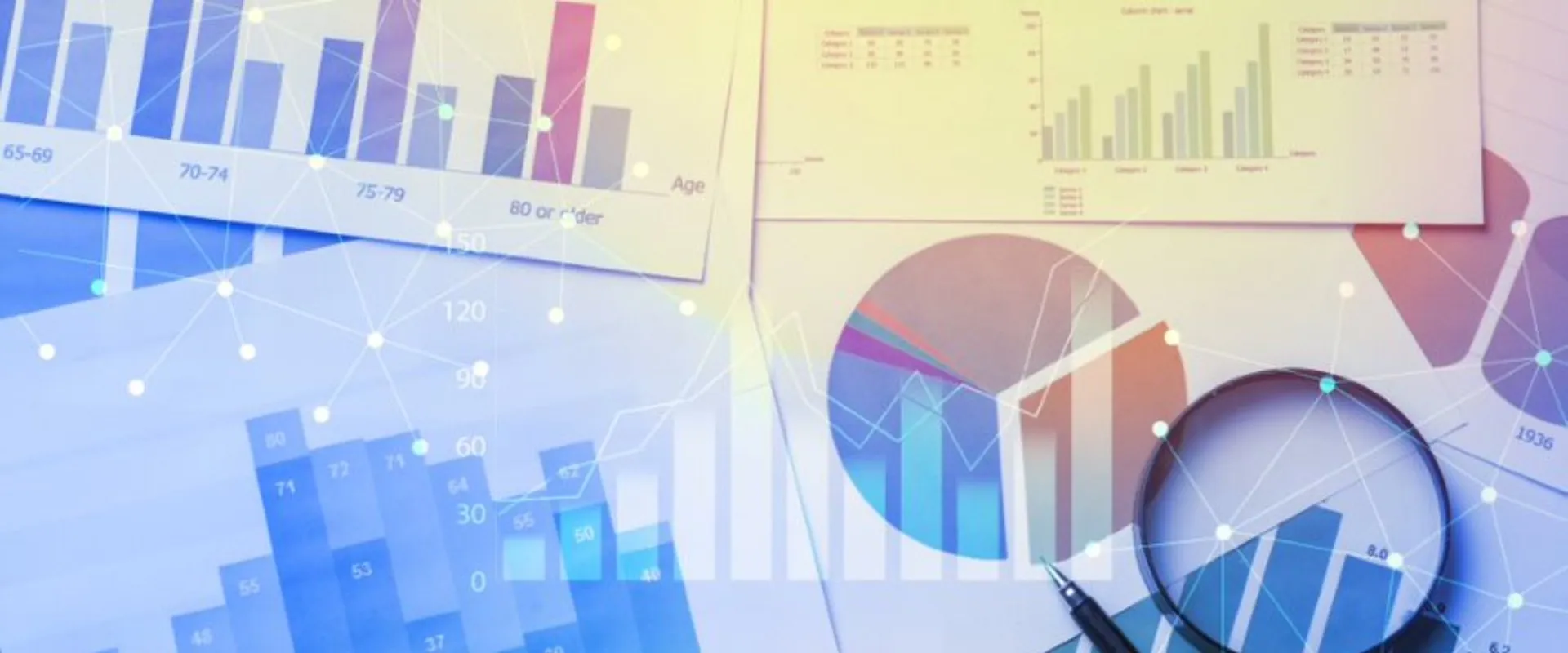The biopharmaceutical industry is experiencing significant growth, driven by the increasing demand for innovative treatments for diseases like cancer and HIV. This growth necessitates specialized manufacturing processes and equipment, leading to higher costs and longer setup times for production facilities.
Key segments within the industry include generic drugs, chemically derived drugs, biosimilars, biologics, and over-the-counter (OTC) medications, each with unique market dynamics and opportunities. Effective market segmentation is now crucial for biopharmaceutical companies to optimize their marketing strategies and enhance product reach.
Client’s Background
Our client, a leading manufacturer of biopharmaceutical products, recognized the importance of understanding their target market. They sought to leverage market segmentation strategies to gain detailed insights into end-user groups, identify the most profitable segments, and develop targeted business plans to reach their customers effectively.
Business Challenges
Identifying Profitable Segments
Determining the most lucrative market segments to focus resources on.
Understanding End-User Demographics
Gaining insights into the demographic, geographic, and psychographic variables of end-users.
Enhancing Marketing Strategy
Improving product reach and marketing effectiveness through targeted approaches.
Personalizing Customer Engagement
Developing personalized strategies for potential customers in each target market.
Meeting Heterogeneous Needs
Adopting a flexible approach to cater to the diverse needs of different sub-targets.
Solutions
Extensive Market Research: Infiniti conducted thorough research, including interviews with industry stakeholders.
Comprehensive Data Collection: Information was gathered from paid industry databases, company presentations, and industry forums.
Integrated Customer Development: Developed an integrated customer development process for the client.
Detailed Market Segmentation: Provided detailed insights into various market segments based on robust data analysis.
Business Impact
Improved Market Understanding
The client gained a deeper understanding of the different market segments.
Enhanced Targeting
The client could focus on developing personalized strategies for specific customer groups.
Optimized Resource Allocation
Resources were directed towards the most profitable market segments.
Conclusion
This case study demonstrates how Infiniti’s target market segmentation strategy enabled a biopharmaceutical manufacturer to gain detailed insights into various market segments, focus on personalized strategies, and ultimately improve their marketing effectiveness and business outcomes. By understanding consumer demand and tailoring their approach, the client was able to enhance customer satisfaction and drive higher sales in a competitive market.
 Twitter
Twitter





